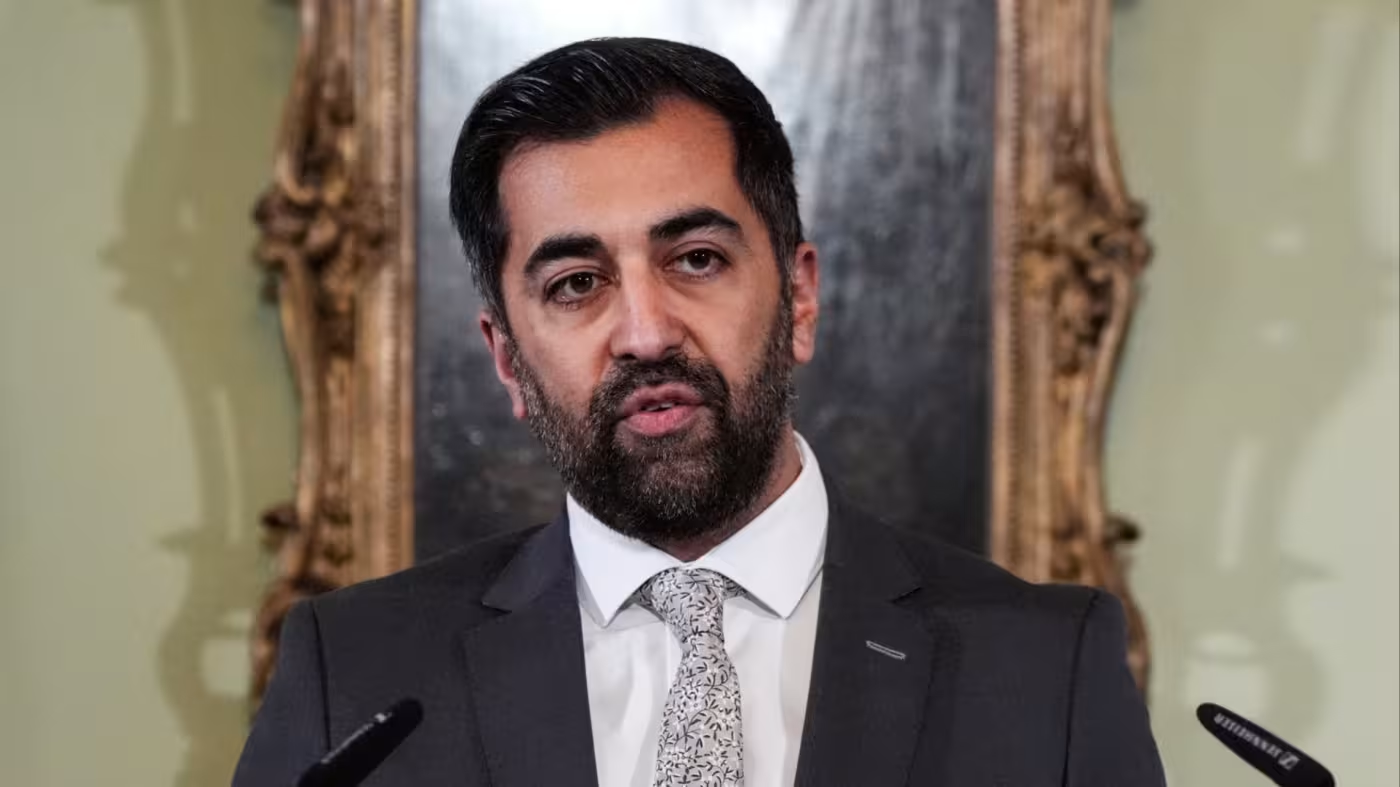By: Foreign, Commonwealth & Development Office (FCDO)
Following today’s declaration of a State of Emergency in Ethiopia, the UK calls again on all parties to urgently cease fighting & start talks – a political solution is the only route to peace. British Nationals should consult travel advice for updates.
The Foreign, Commonwealth & Development Office (FCDO) advise against all travel to:
-
the whole of Tigray regional state and within 30km of its borders with Amhara and Afar regional states
-
the whole of Amhara regional state. You should consider using commercial routes to leave Amahara safely.
-
the following areas of Afar regional state: the whole of Zone 4, Chifra, Adar and Mile Woredas in Zone 1; Telalek, Dawe, Dalefage, Hadelela and Samurobi Woredas in Zone 5, and Dalol, Kuneba, Aba Ala and Megale in Zone 22
-
the four Woredas (districts) (Akobo, Wantawo, Jikawo and Lare) of Nuer Zone and the Jore Woreda of the Agnuak Zone in Gambella region
-
the West Wollega Zone, and Nekemte town in East Wollega, in the Oromia region
-
the Pawe, Guba, Dangur,Dibati, Bulen Woredas in the Benishangul Gumuz region
-
the Nogob (previously Fik), Jarar (previously Degehabur), Shabelle (previously Gode), Korahe and Dollo (previously Warder) Zones of the Ethiopian Somali Region
-
within 10 km of the border with South Sudan
-
within 100 km of the Ethiopian border with Somalia and Kenya in the Afder and Liben Zones of Ethiopia’s Somali region
-
within 10 km of the border with Sudan and the other parts of the Kenyan border, with the exception of principal roads/towns
The FCDO advise against all but essential travel to:
- areas of Afar region within 10 km of the border with Eritrea, with the exception of tourist sites close to the main roads and open border crossings with Eritrea and the main roads to these border crossings. You should take local advice and not walk away from roads or towns unaccompanied
- all other areas of Zone 2; Dubti Woredas in Zone 1; and Artuma Woreda in Zone 5
- Metema, Chilga, Dembia and Gonder Zuria Woredas in North Gonder Zone, all other areas of South Gonder Zone, all other areas of South Wello Zone, Artuma Fursina Jile Woreda in Oromia Zone, Weremo Wajatuna Mida, Lay Betha Tach Bet, Moretna Jiru, Gera Midima Keya Gebriel, Midr, Efrata, Mezezo and Kewet Woredas in North Shewa Zone.
- all other areas of the Ethiopian Somali Region, including Siti Zone, Fafan Zone (with the exception of the main road and railway line to Djibouti), and the areas of Liben and Afder Zones more than 100km from the Somalia and Kenya borders
- the Woredas (districts) of Tsegede, Mirab Armacho and Tach Armacho in North Gonder Zone
- the Qellem Wollega Zones, in the Oromia region
- the rest of Gambella region
- the rest of the Metekel Zone of the Benishangul Gumuz region
There is a military conflict ongoing in the north of Ethiopia. Military clashes are now occurring in Tigray, Amhara and Afar regional states. The conflict has potential to escalate quickly and with little warning. The FCDO advises against all travel to Tigray and within 30km of its borders with Amhara and Afar regional states, and to specific areas in Amhara and Afar where fighting is likely. The FCDO advises against all travel or all but essential travel to northern areas of Amhara, and north and western areas of Afar regions because of the risk of the conflict spreading to new areas without prior warning. If you are in the vicinity of military activity and you cannot leave safely, you should stay indoors, away from windows and remain alert to developments that would enable you to leave safely. See Tigray Region, Amhara Region and Afar Region
On 2 November, a Nationwide State of Emergency was declared. Public meetings and demonstrations are banned. Movement without ID will be restricted. Curfews and roadblocks may be introduced with little or no warning. There is likely to be an enhanced security presence. Travellers are advised to monitor local news and social media closely and comply with instructions from the authorities. You should carry copies of your Identification at all times. You should avoid large gatherings and demonstrations.
Those of Tigrayan ethnicity may face arrest or increased scrutiny by the authorities, including at the airport and through police operations. You should follow the instructions of the authorities. For more information, see Addis Ababa
Tensions are raised in western parts of the Southern Nations, Nationalities and Peoples Region (SNNPR) following armed clashes in Konso Zone and surrounding areas. See SNNP Region
Tensions are raised in the Benishangul-Gumuz Regional State following armed clashes in Metekel Zone. See Benishangul-Gumuz Region.
COVID-19 entry restrictions for Ethiopia
Before you travel, check the ‘Entry requirements’ section for Ethiopia’s current entry restrictions and requirements. These may change with little warning. Monitor this advice for the latest updates and stay in contact with your travel provider.
Travelling from and returning to the UK
Check what you must do to travel abroad and return to England, Scotland, Wales or Northern Ireland.
If you’re planning travel to Ethiopia, find out what you need to know about coronavirus there in the Coronavirus section.
During the COVID-19 pandemic, it is more important than ever to get travel insurance and check it provides sufficient cover. See the FCDO’s guidance on foreign travel insurance.
For information about COVID-19 vaccines, see the Coronavirus page.
The Ethiopian authorities have now resumed their eVisa service, but visas-on-arrival remain suspended. All visitors must get an eVisa or obtain a visa from the Ethiopian Embassy closest to their place of legal residence before travelling. See Entry requirements for further details.
There are frequent incidences of civil unrest in Ethiopia, including protests and strikes. Some of these can cause temporary closure of roads, internet and mobile networks or disruption to local businesses and transport. In the past some protests have escalated into serious violence. See Local travel
Terrorists are likely to try to carry out attacks in Ethiopia. Attacks could be indiscriminate, including in places visited by foreigners. You should be vigilant at all times, especially in crowded areas and public places like transport hubs, hotels, restaurants, bars and places of worship and during major gatherings like religious or sporting events. There is a threat of kidnapping in Ethiopia’s Somali region, and on the southern border with Kenya, particularly in the eastern areas to which the FCDO advise against all travel. See Terrorism
Internet connections in Ethiopia, including mobile data, can be intermittent.
If you’re abroad and you need emergency help from the UK government, contact the nearest British embassy, consulate or high commission. Consular support is severely limited in parts of Ethiopia where the FCDO advise against all travel and limited where the FCDO has existing advice against all but essential travel (see above).
Ethiopia is primarily a cash based society and banking facilities, including card payments and ATMs are very limited outside major cities. See Money
There is an ongoing Ebola outbreak in the Democratic Republic of Congo. You may see some additional checks taking place at arrival on all flights into Bole Airport in Addis Ababa. See Health
The Overseas Business Risk service offers information and advice for British companies operating overseas on how to manage political, economic, and business security-related risks.





























